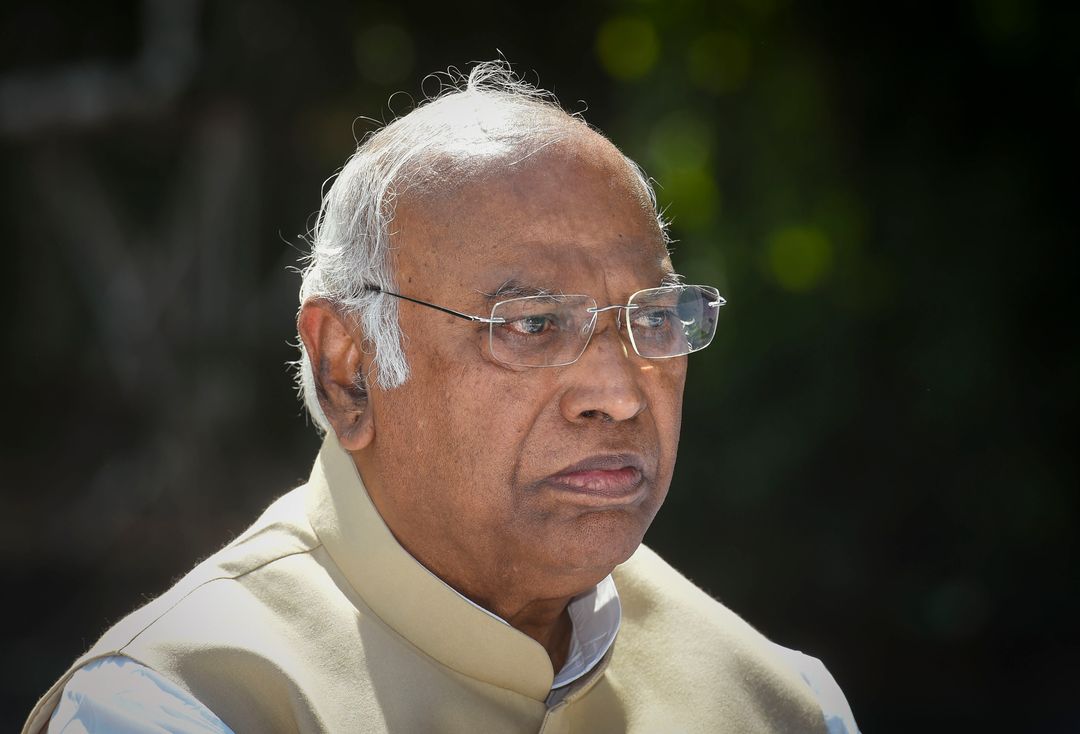The rally witnessed participation from multiple indigenous cultural groups advocating for the protection of their faith, traditions, and identity. Protesters emphasized the urgent need to implement the Act, originally enacted to prevent forced religious conversions and safeguard indigenous communities.
IFCSAP Calls for Protection of Indigenous Identity
"The Act is crucial in protecting our identity. Indigenous communities must not be marginalised or displaced. We urge the government to reinstate and enforce the law to secure our future," said IFCSAP vice president Pai Dawe.The APFRA was first introduced in 1978 with the objective of curbing forced religious conversions and preserving Arunachal Pradesh’s socio-cultural heritage. However, indigenous leaders have expressed concern over the lack of enforcement and are now demanding its full implementation.
RSS Chief’s Visit and Political Developments
On Friday, an IFCSAP delegation met RSS chief Mohan Bhagwat, who is currently on a four-day visit to the state ahead of the upcoming RSS centenary celebrations. Though the specifics of their discussion remain undisclosed, sources indicate that key issues concerning society and indigenous faith were raised.Opposition from Arunachal Christian Forum (ACF)
Meanwhile, the Arunachal Christian Forum (ACF) has strongly opposed the Act, calling it "unconstitutional". On February 17, the ACF staged a hunger strike, demanding the repeal of the law. The organization has also announced further protests on March 6, coinciding with the first day of the Budget session of the Arunachal Pradesh Assembly.Government Response and Legal Developments
Chief Minister Pema Khandu has stated that the state government is in the process of framing rules for the Act following a Gauhati High Court order in September 2024, which directed the government to do so within six months.The directive came after a PIL was filed by local resident Tambo Tamin. Khandu has repeatedly clarified that the new rules are not intended to target any religious community but are focused on preserving indigenous cultures and traditions. He further noted that while the Act has existed for 46 years, it has lacked formal rules, which are now being formulated.
Historical Context of the APFRA 1978
Originally enacted during the tenure of former Chief Minister P K Thungon, the Arunachal Pradesh Freedom of Religion Act, 1978, seeks to curb forced religious conversions through inducement or fraudulent means.As per the law, violations carry penalties including imprisonment of up to two years and a fine of ₹10,000.
With the debate intensifying between indigenous faith groups and Christian organizations, the upcoming Budget session and government action on the High Court directive are expected to shape the next course of action on the controversial Act.
Last updated by a enewsx:

